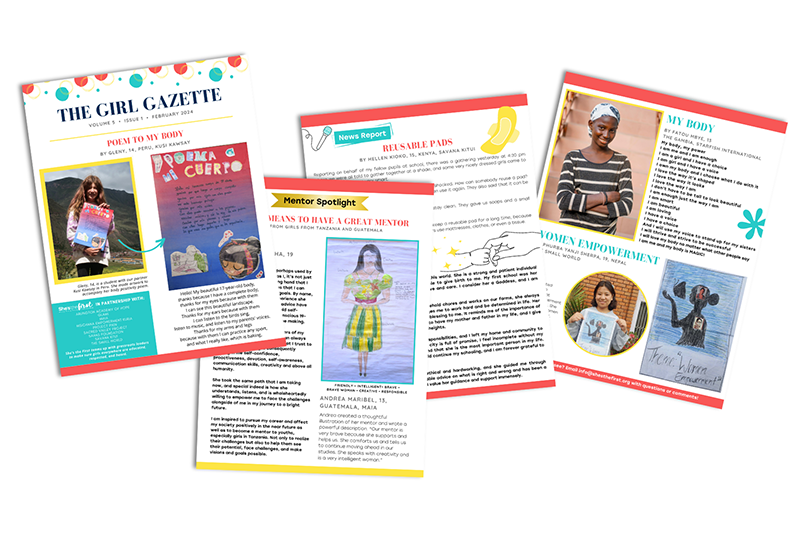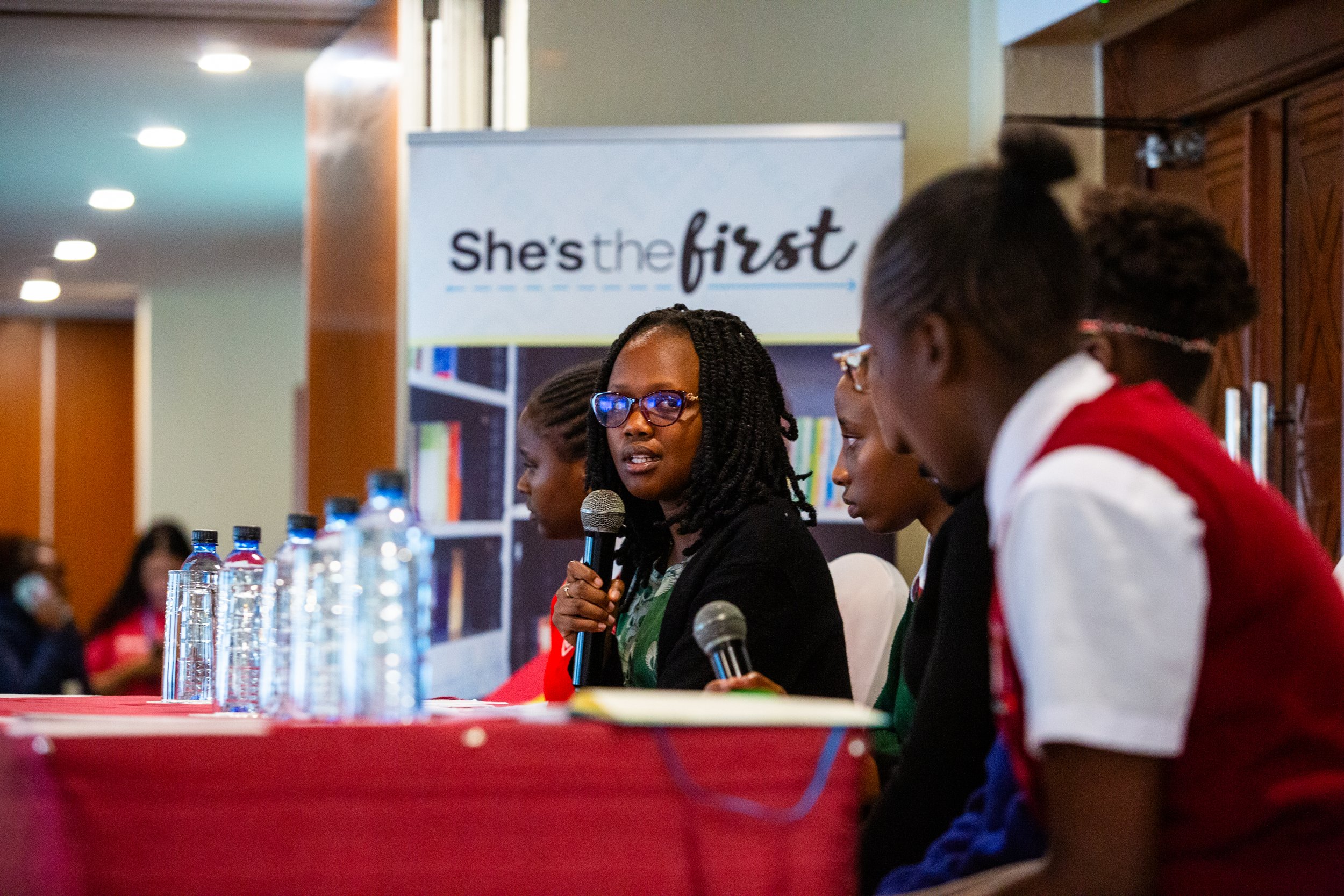She’s the First is a non-profit organization that teams up with grassroots leaders to make sure all girls are educated, respected, and heard. As the co-organizers of The Global Girls’ Bill of Rights®, we stand by Right #5, which states: “All girls have the right to comprehensive sexual education and access to free, quality, reproductive healthcare.”
To uplift this right around the world and rally girls together, our Girl Activist Fellowship’s Sexual Health and Reproductive Rights Committee, a youth-led group in STF, is hosting the Reproduce This: Art Contest. The theme of this Art Contest is "Your Body, Your Choice," and we will be accepting all types of visual art mediums (sketches, watercolors, color pencils, acrylic, oils, etc).
*The only eligibility requirements: being a girl* who is less than 22 years old!
The Reproduce This: Art Contest is an art contest hosted by girls, for girls, and will raise awareness for reproductive rights around the world in a SAFE way. All girl-centered and anti-oppressive entries to the Reproduce This: Art Contest will be showcased on our website, and if that's not enough... Selected entries will be showcased in two simultaneous GALLERY SHOWS located in New York City and Nairobi, Kenya, on International Day of the Girl, October 11, 2023.
Create a difference, embrace your talents, and sign up today! Submit your art today!
Use this link to commit to creating artwork (deadline for submission is August 15): bit.ly/reproducethissubmit
*gender-nonconforming, genderfluid, transfeminine experiences included!
Download the flyer here.











